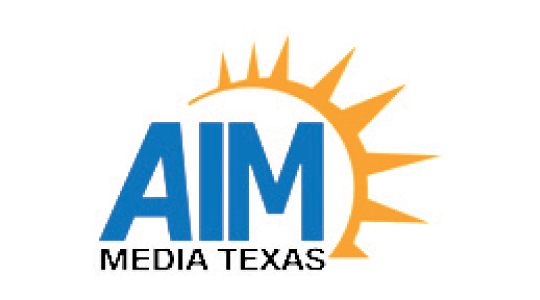Texas officials should rethink their decision to drop nonprofit healthcare systems such as the Driscoll Children’s Health Plan from its list of Medicaid and Children’s Health Insurance Plan recipients. The change reduces the number of recipient companies — and options for low-income residents enrolled in the benefit plans.
The decision can affect the healthcare options of nearly 2 million of our state’s neediest residents, including thousands in the Rio Grande Valley. It could force nearly half of Texas’ residents who receive those benefits to find new doctors, hospitals and pharmacies.
Driscoll Health CEO Craig Smith recently noted that it has been part of the state program for two decades and the loss will affect 190,000 Medicaid STAR and CHIP members in South Texas.
The Texas Health and Human Services Commission recently announced the plan to remove nonprofit health systems from government programs including CHIP and Medicaid STAR, which funds regular and emergency medical care, prescription medications and vaccinations for low-income children, pregnant women and families. Their removal has drawn widespread opposition from insurers, doctors and elected officials including U.S. Sen. John Cornyn, who recently toured the new Driscoll Children’s Specialty Center in Edinburg that opened last month, and 19 South Texas lawmakers, from both parties, who sent a letter to Gov. Greg Abbott and HHS Commissioner Cecile Young opposing the change.
The removal of programs that have a proven record of excellent care is concerning, especially those that provide specialized services such as pediatric care. Driscoll, which serves South Texas, is one of three children’s healthcare systems dropped from the list; the others are the Cook Children’s Health Plan in North Texas and the Texas Children’s Health Plan, which serves the Houston area. A statement from the latter states that it’s the largest children’s healthcare system in the country, serving about 450,000 children and mothers.
Many families who utilize Driscoll might not be directly affected, as it strives to base medical costs according to patients’ ability to pay. Its ability to recoup some of those costs through Medicaid STAR and other programs enables it to serve more patients, ensure the best and most modern treatment and establish a presence where it is most needed, such as the new Edinburg center and its clinic in Brownsville.
But there are hidden costs. The lost funding also might affect research that provides benefits many people don’t see. Driscoll invests some $10 million each year into research on maternal fetal medicine. Smith says that investment has decreased maternal mortality, premature births and other complications in an area that historically has had an alarmingly high rate of such complications, and saved about $100 million per year in related medical expenses.
HHS has a poor record of handling these benefit programs. Most of the blame, however, has pointed to understaffing and poor records management. Reducing the number of clients won’t fix those problems; more likely, the fix will be worse than the problem.
AIM Media Texas




